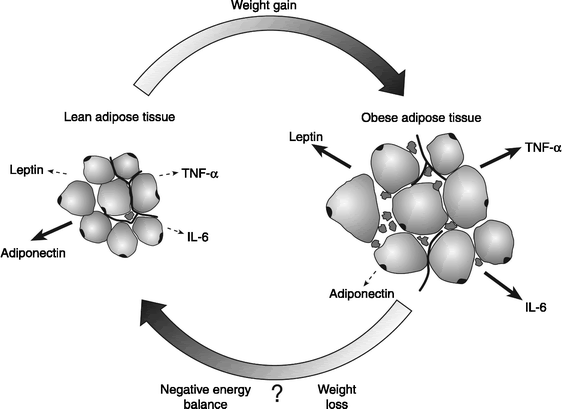A Mediterranean/tropical diet, with a lot more coconut oil, would have helped even more. And a Mediterranean/tropical/paleo diet would help the most.
I am italian and have many friends in france so i do know the "mediterranean diet" very much.
Our diet is based on:
-many carbs (we eat 100gr pasta always at lunch and sometimes at dinner)
-lot of tomato products and vegetables and fruits (>5 serving/day)
-fish and/or meat (mainly at dinner)
-
no junk food (no fastfoods, biscuits, candies, cocacola and so on...)
And we
always cook with oil (olive oil). It's not true that in italy or france we cook with butter or lard or anything...i think i never saw an italian cooking with anything but olive oil.
I am not saying that this is healthy or not. But this is our diet. we get 40-50% of our calories from carbs (mainly from pasta at lunch).
The diet you are proposing (lot of meat and fats) is actually closer to what is used in germany and northern countries (they eat bacon, eggs, cheese for breakfast...

...they almost eat no pasta...). And to be honest, germans (i refer to girls mainly

) are nice and fit till they get to 26 then they all become damn fat.





















































